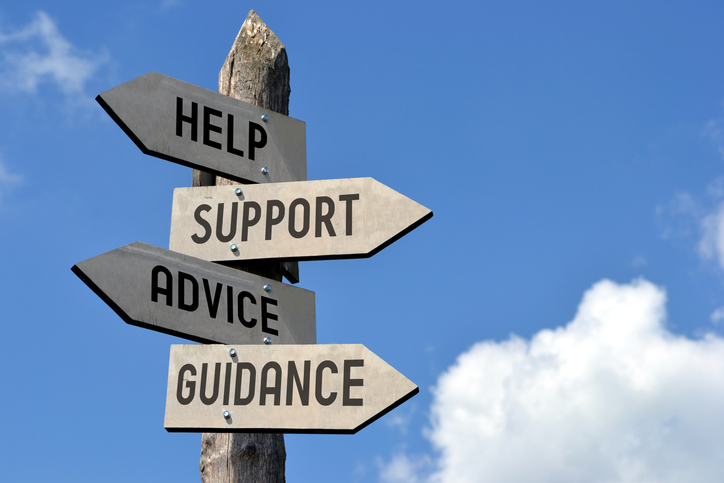We are delighted to offer this blog as an ongoing resource for people who are considering seeking treatment for a substance use disorder as well as for those who are already on their recovery journey. This blog provides information on a whole range of topics, and we hope and trust that all of it is of use to our readers—including you!
But there are times when you might want to take a deeper dive into a topic than we can provide here.
With that in mind, we have written several entries that point you toward additional resources. This entry offers a roundup of some of those roundups—and points you to some newer resources as well.
- If You Don’t Mind, We’ll Start With Mindfulness
Mindfulness practice can provide tremendous benefits for those in recovery from a substance use disorder. The central idea of mindfulness is that we should try to live in the present moment as much as possible rather than replaying the difficulties of the past or worrying about the future.
In one sense, the practice is truly simple: Sit quietly, close your eyes, bring your attention to your breath, and let thoughts and feelings come and go.
But as simple as that sounds, it can be difficult to get the hang of it—and even when you do, there is more to learn. With that in mind, we offered some reading suggestions in an entry titled “Time to Hit the Books: A Mindfulness Reading List.”
To that list, we’d like to add 10-Minute Mindfulness: 71 Habits for Living in the Present Moment by S.J. Scott and Barrie Davenport. This sort of practical guide with specific suggestions for making mindfulness part of your day-to-day life can be a wonderful way to get started or to deepen your existing practice.
- Pick a Podcast for Positive Recovery Content
There are podcasts—which you can think of as on-demand radio programs—that explore just about every topic you can possibly imagine (and probably some you can’t). That includes, of course, topics related to substance use disorders and recovery.
One nice thing about podcasts is that they can be fairly easy to work into your busy schedule. You can listen to a podcast, for example, while making dinner, on your commute, or while you work out.
In an entry titled “Shake Up Your Recovery Routines with These Engaging Podcasts,” we served up a few listening suggestions.
Here’s another one: Recovery Elevator, which is hosted by Paul Churchill and Kristopher Oyen. Each episode features an interview with an individual who has stepped away from alcohol in order to improve their life. These conversations can remind you that you are not alone in your efforts to maintain your sobriety.
- Documentaries Can Delivery Inspiration
When your recovery feels particularly difficult, and you might find yourself wondering if you really have what it takes to stay sober. In those situations, it can be helpful to remind yourself of the stories of others who have overcome difficulties—sometimes in quietly heroic ways.
In a blog post titled “Watch for Inspiration: Documentaries Can Offer Models of Hope and Heroism,” we suggested some documentary films featuring individuals who, in a variety of ways, could be defined as heroes.
To that list, we would add Heroin(e), the story of three women in West Virginia battling the opioid epidemic. The short film (it is under 40 minutes long)—which explores the efforts of a fire chief, a judge, and a street missionary—won an Emmy Award and was nominated for an Oscar.
- Sharing Stories of Substance Use Struggles with Kids
Before we wind up this roundup, we wanted to point you to an additional set of resources that might serve you well if you are struggling with drugs or alcohol and have children in your life. Bel Aire Recovery Center posted an entry titled “These Books Can Help You Explain Substance Use Disorders to Children” that offers some suggestions for kids of various ages.
To Bel Aire’s list we would add A Sickness You Can’t See, written by Laura Washington and illustrated by Nicla Marino. The book is based on a true story, and it provides a way for parents to introduce a difficult conversation to young children.
We are the Resource You Need to Reclaim Your Sobriety
At The Aviary Recovery Center near St. Louis, Missouri, we offer evidence-based, personalized treatment for substance use disorders. We also address co-occurring mental health disorders that may be entangled with a substance use disorder. Through medically supervised detox, a rehab program centered on group and individual therapy, and a continuum of care that helps you start your recovery journey feeling confident, The Aviary Recovery Center provides the expertise, empathy, and resources you need to regain—and maintain—your sobriety.










